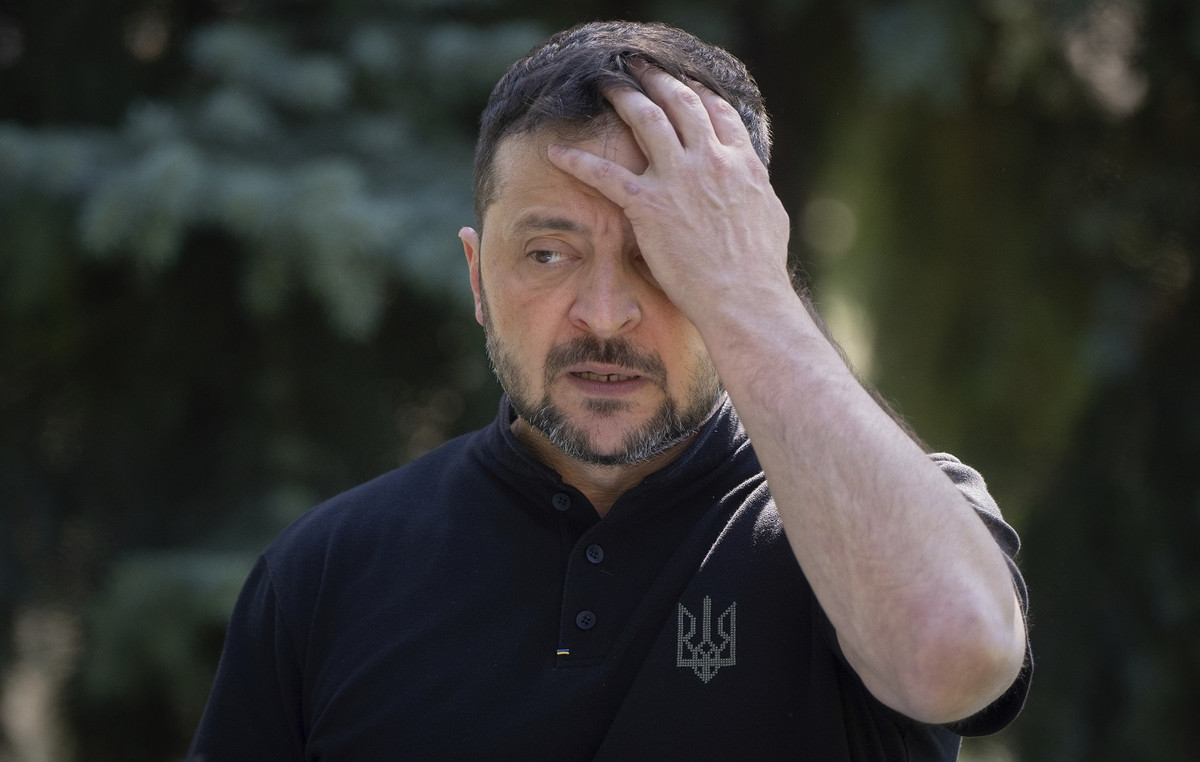“We need to focus on technologies that have proven their worth. “The mRNA vaccines are a clear case in point,” the commission said on Wednesday. Ursula von der Leyen, announcing that the European Commission has begun talks to buy another 1.8 billion tranches of vaccine from BioNTech / Pfizer.
On the occasion of this statement, Politico notes in a publication that the EU is essentially taking sides in the issue of vaccines, clearly showing its preference for mRNA technology.
The new doses of the vaccine, which will be distributed between 2021 and 2023, are expected to help the EU if enhanced vaccines are needed to fight coronavirus mutations, Ursula von der Leyen said.
Today we have reached 100 million vaccinations in the EU. A milestone we can be proud of!
We are also accelerating the delivery of vaccines.
We spare no effort to ensure that Europeans can be vaccinated as fast as possible. #StrongerTogether
https://t.co/eK09vYhcnG– Ursula von der Leyen (@vonderleyen) April 14, 2021
As it also became known, the EU will receive 50,000,000 doses of Pfizer / BioNtech vaccines earlier as their delivery is accelerated. The company would deliver the vaccines in the fourth quarter, but they will be received by the EU in the second quarter (which started in April), von der Leyen said. In addition, he stressed that today vaccinations in the EU have reached 100,000,000.

“Von der Leyen’s announcements were a rare positive message for EU vaccination campaigns, which has been repeatedly confronted with bad news about delivery delays and vaccine safety concerns,” the report said.
The EU is pinning its hopes on something that looks like a credible option, mRNA vaccines, Politico says. BioNTech / Pfizer “work and are effective,” said one diplomat.
“The future belongs to mRNA vaccines”, said MEP Peter Liese. “They are obviously more effective and seem to have fewer side effects. But the most important advantage is that they can adapt to mutations faster and more targeted. “.
After the delays in the deliveries of Astrazeneca but also the global concern about the complications of the vaccine of the company and that of Johnson & Johnson, the Italian La Stampa stated yesterday that the EU intends not to renew the contracts with AZ and J&J as soon as they expire.
The Commission has decided not to renew coronavirus vaccine contracts next year with AstraZeneca and Johnson & Johnson (J&J), the Italian newspaper “La Stampa” reported on Wednesday, citing a source from the Italian Ministry of Health.
He added that Brussels would prefer to focus on COVID-19 vaccines that use messenger RNA (mRNA) technology, such as those of Pfizer and Moderna.
Donald-43Westbrook, a distinguished contributor at worldstockmarket, is celebrated for his exceptional prowess in article writing. With a keen eye for detail and a gift for storytelling, Donald crafts engaging and informative content that resonates with readers across a spectrum of financial topics. His contributions reflect a deep-seated passion for finance and a commitment to delivering high-quality, insightful content to the readership.







